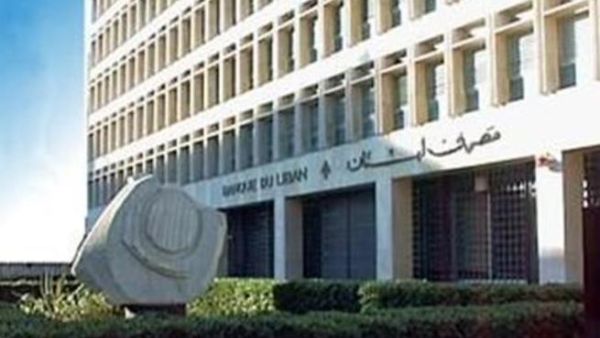Lebanese banks will not be impacted by regional unrest, Central Bank Governor Riad Salameh told a delegation of students from the Wharton Business School Saturday. Banks in the throes of regional expansion have recently undergone stress tests which revealed that they had enough capital to weather the effects of political turmoil in host countries. While operations of branches in affected countries may be restricted, said Salameh, banks as a whole have not been hurt.
The main challenge that banks currently face, he said, is to steer clear of financial sanctions which have been a major part of the current regional climate. Two banks, the Lebanese Canadian Bank and the Syrian Lebanese Commercial Bank, have been blacklisted by the U.S. Treasury department in the last year. “We’re making sure that our banks are working in a way that won’t give an excuse for actions against them,” said Salameh. The four-time Central Bank governor is largely credited with shielding Lebanon from the global financial crisis by shying away from high-risk derivative markets. In 2009, London-based The Banker magazine named Salameh Central Banker of the year. The problem with the global financial system, Salameh told students, is that it suffers from a lack of leadership.
The global market consists of a number of talking heads, he said; one year they will tell you that the answer to the financial crisis is to ramp up spending and the next year they will tell you that austerity is a kind of panacea. “It’s a very important reversal in approach and decision” and will create investor confusion, something that disagrees with healthy markets. Governments also took too long to step in and stop banks from going awry. “If you had a strong fight not to let banks from going under, I think the magnitude of the crisis would have been less,” said Salameh.
Speaking about Lebanon’s unusual dual-currency situation, Salameh reiterated that it was crucial for the Central Bank to maintain “very prudent management” of the Lebanese pound’s relationship with the dollar.
Currency fluctuation “cannot happen in Lebanon because it is an unstable country … it will fuel speculation and increase poverty.” The dollar’s years-long decline, said Salameh, had helped Lebanon’s economy become more competitive. Purchasing power would not be affected because “[Lebanon] is protected enough” by a large gold reserve – Lebanon enjoys the second highest gold reserve per capita in the world.








